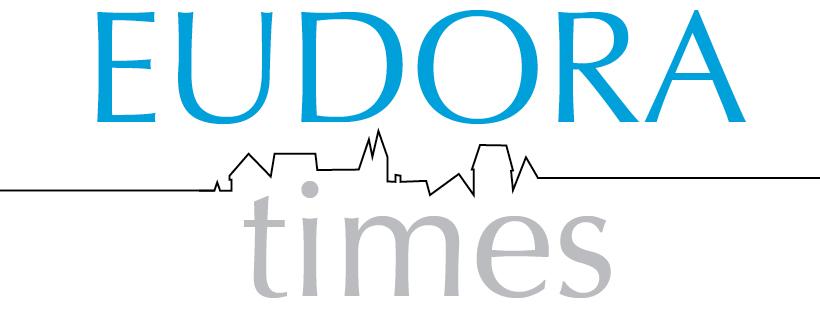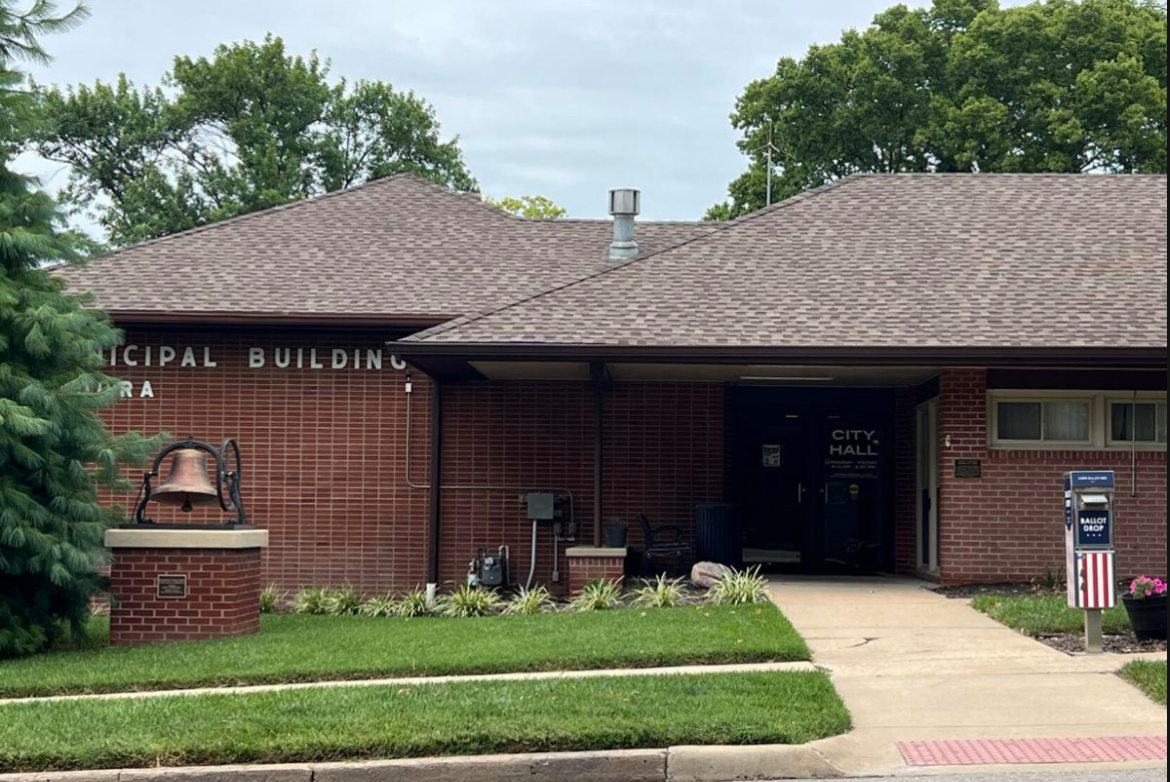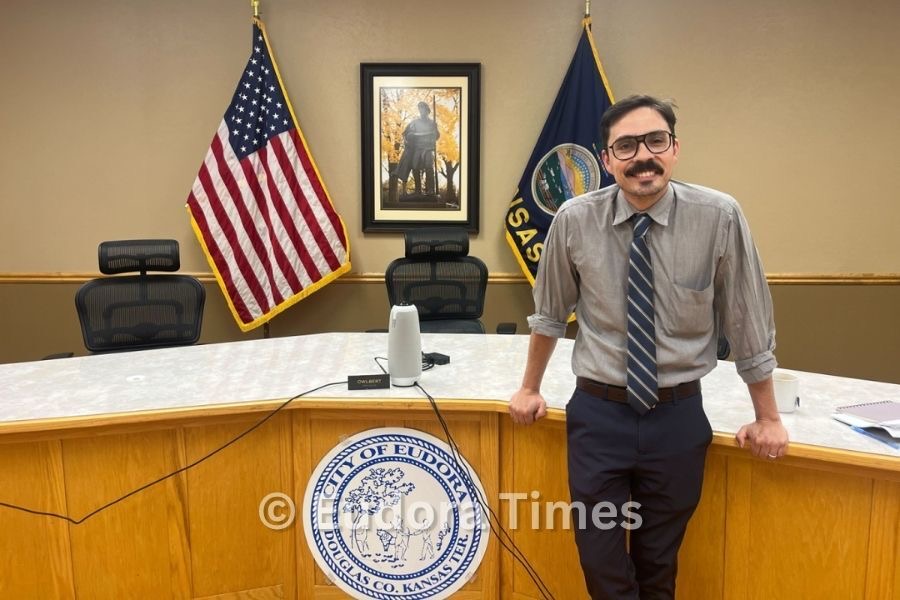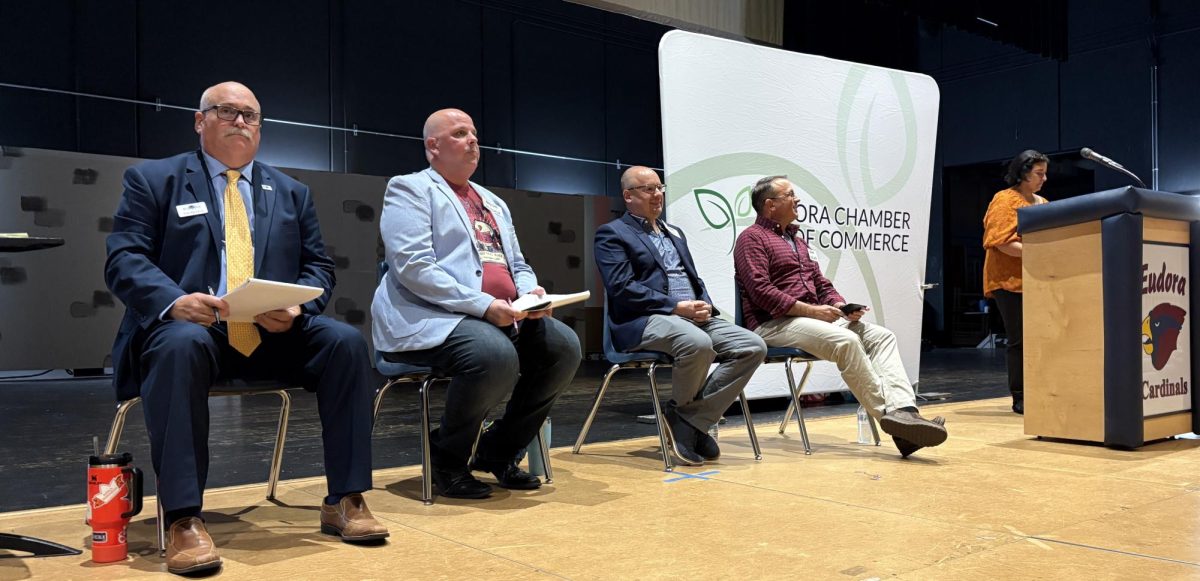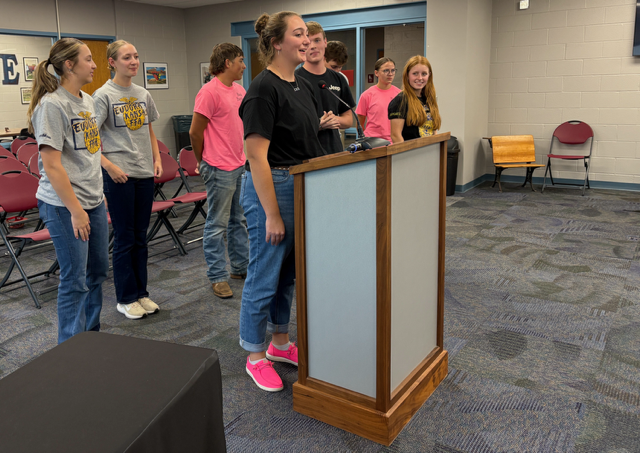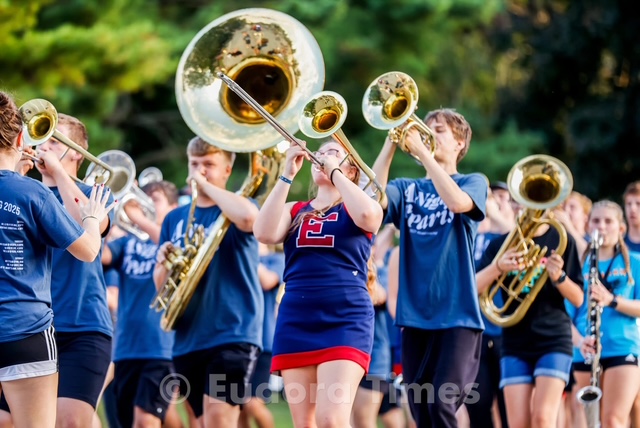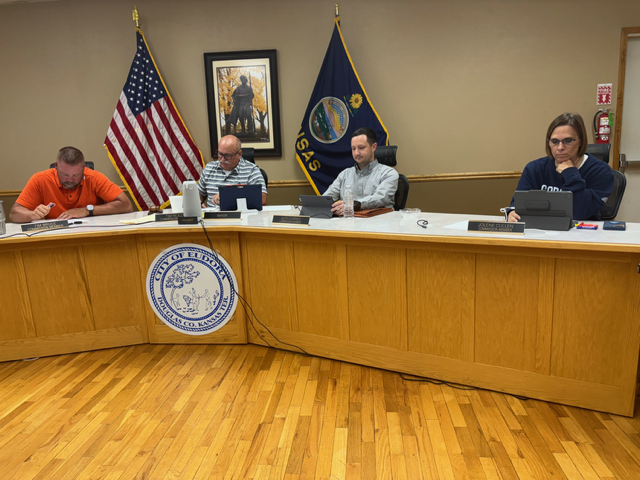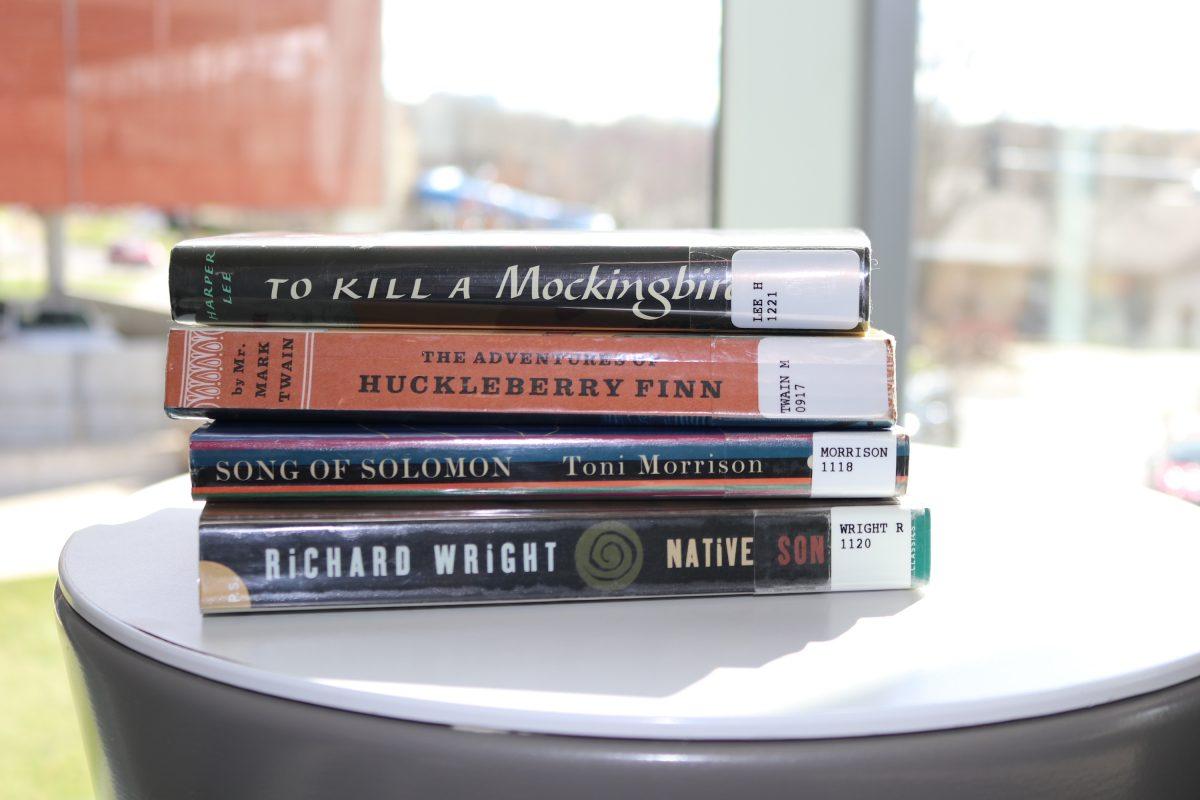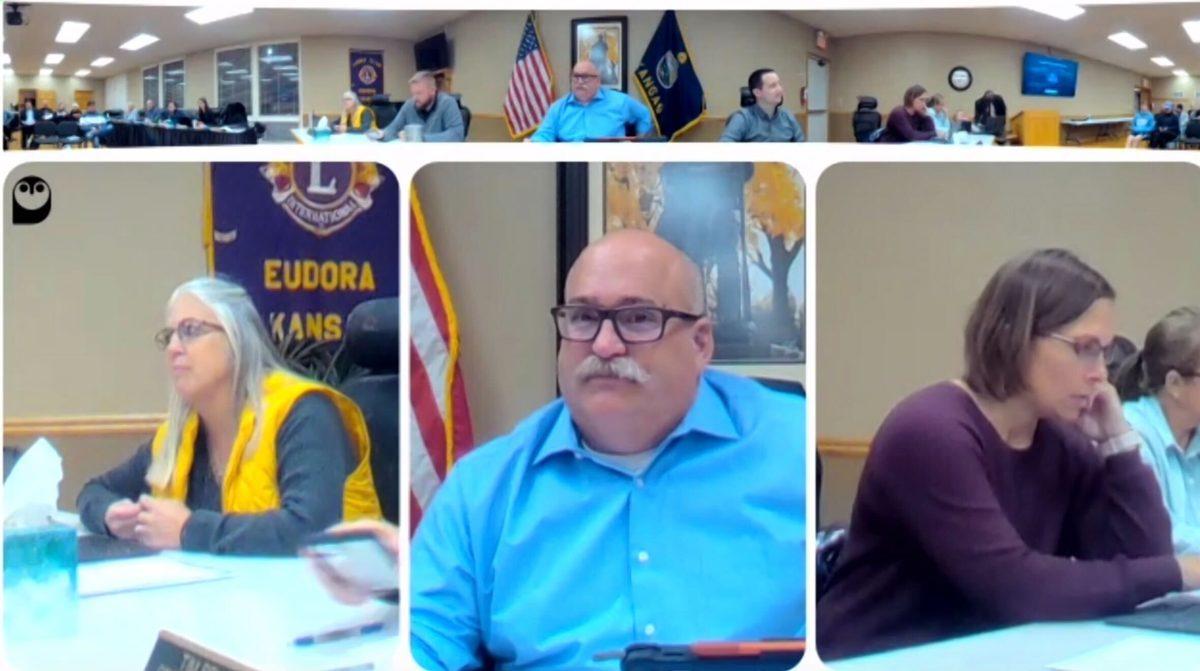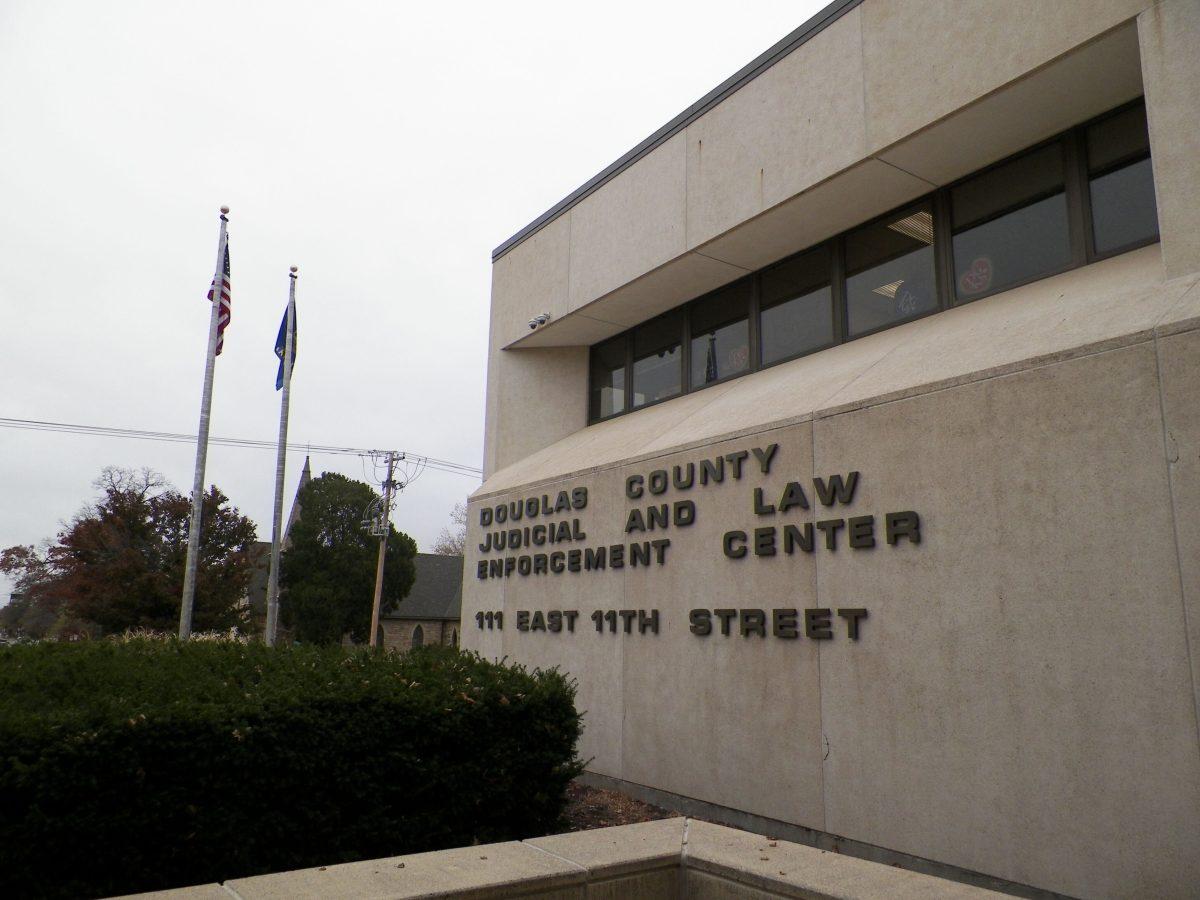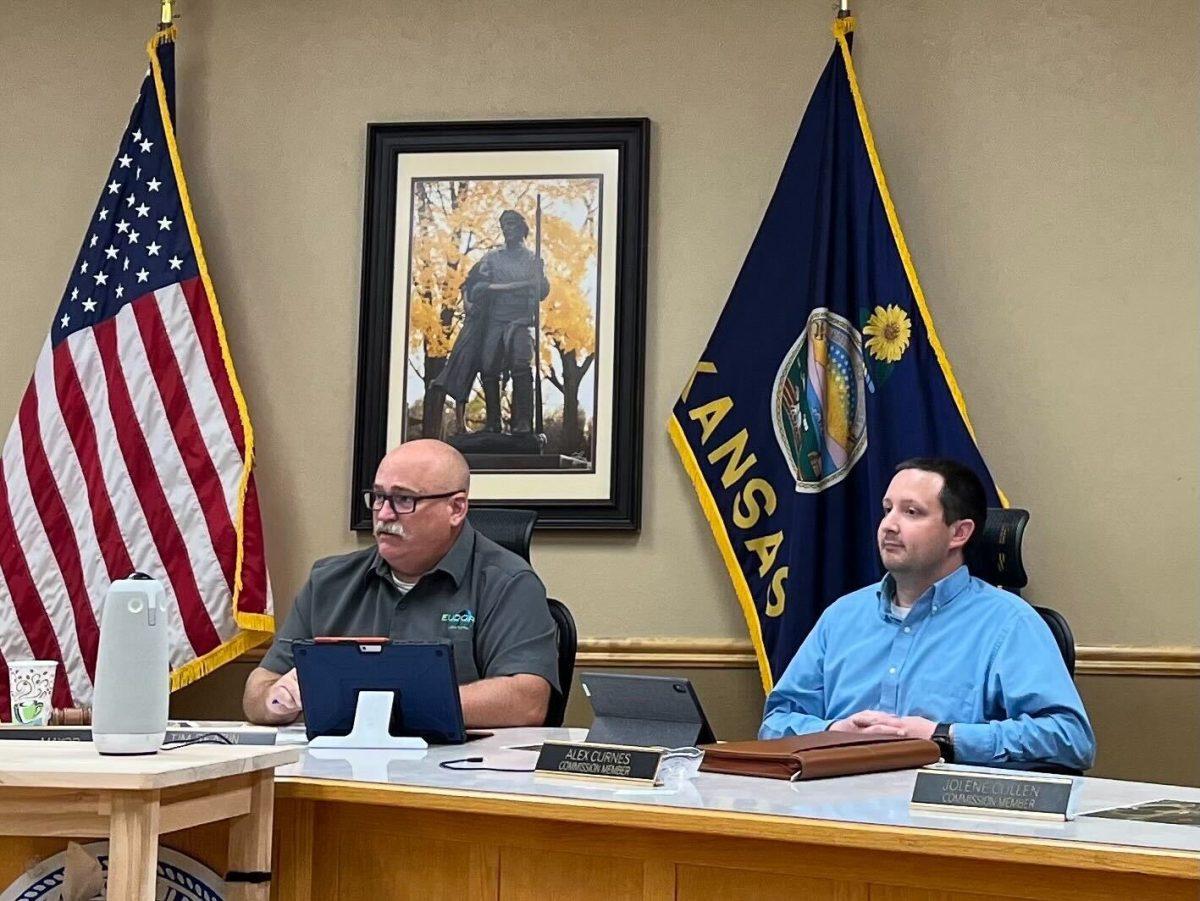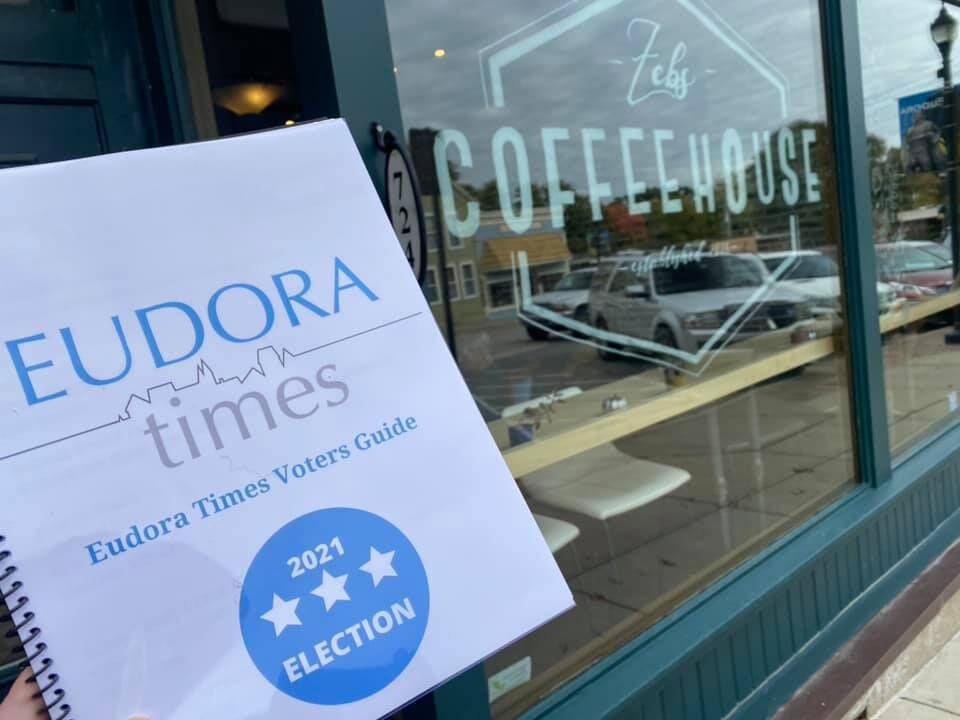The number of books challenged or banned reached a new height in 2021.
Nearly 1,600 books were on the receiving end of censorship efforts across the country in the past year, the highest number the American Library Association has ever reported.
This trend has not quite reached Eudora, Library Director Carol Wohlford said. However, in her prior position at the Andover Public Library, Wohlford encountered one parent who wished to challenge a book the library offered.
“The book was Scary Stories to Tell in the Dark,” Wohlford said. “We went through the entire process, got to the point where they had appealed to the group, which included community members, the library director and a board member.”
Wohlford said the group eventually decided against removing the book from shelves, adding that it was a long process.
“It wasn’t necessarily a happy process, but they did appreciate the fact that we did that process and that we listened to their side,” Wohlford said.
The Eudora Public Library has a set procedure if parents do take issue with a book that’s on the shelves, a similar process to the one used in Andover. The library also adheres to the Library Bill of Rights and Freedom to Read statements, which the American Library Association follows.
Eudora Middle and High School librarian Gretchen Schreiner has had a similar experience to Wohlford’s. She believes only one book was challenged in her time with the library.
“It was probably in the 2000s, where I had a parent challenge a book based on language,” Schreiner said. “I had a form that they needed to fill out, but steps were never taken to ban it. I think they just wanted to make me aware of it. They weren’t passionate enough about having it removed.”
According to the American Library Association’s report, about 44% of 2021’s challenges originated in school libraries, while 39% of challenges were initiated by parents.
Prominent reasons for challenges included allegations of sexually explicit material, critical race theory, profanity and LGBTQIA content.
Amii Castle teaches business and constitutional law at the University of Kansas, and founded KU’s ACLU student group in 2017. Castle also serves on Kansas’s ACLU board and sees the trend of banning books as a distraction from other issues.
“To focus on culture wars and banned books when we have incredibly serious issues that our government should be dealing with—I would say it’s a reflection of the divisiveness we are currently in, but with that said, historically this isn’t the first time banned books have been an issue,” Castle said.
Castle said she takes issue with several arguments used to defend book banning.
“It’s not like if a child reads a book about a gay couple, they’re going to turn gay, it just doesn’t work that way,” Castle said. “Just like if a gay person reads a book about straight folks, they’re not going to turn straight.”
Wohlford said she’s seen upticks of book banning before, but this one may be unprecedented. She added that Eudora’s community library might not have seen this issue for several reasons.
“Libraries are for everybody and we have to offer what’s out there and what they want,” Wohlford said. “The shelves kind of imitate the community. We try really hard to get the books that our patrons want since we have limited shelf space. We probably are not as apt to be challenged as the Lawrence library.”
Wohlford said she understands some reasons parents may have for challenging books, and that it’s a difficult position to be in as a librarian.
“But they have to be the parent, we can’t be the parent,” Wohlford said. “We put out what we have and the parents need to decide what their kids can read. In other words, I don’t believe in banning books at all.”
Schreiner said all books have value of some kind, and this should be considered before challenging them.
“I think so many times, people look at a part of the book without looking at the whole book and the purpose of it,” Schreiner said. “I think our students are mature enough to make their own decisions about things and make their own decisions as well.”
Castle said there are many steps that can be taken to discourage the trend of book banning, like running for school board positions, or writing letters to your local paper’s editor. She added that the trend of challenging books is harmful.
“You don’t make a better electorate or citizens by shielding them from certain issues,” Castle said.
Reach reporter Abby Shepherd at [email protected]
